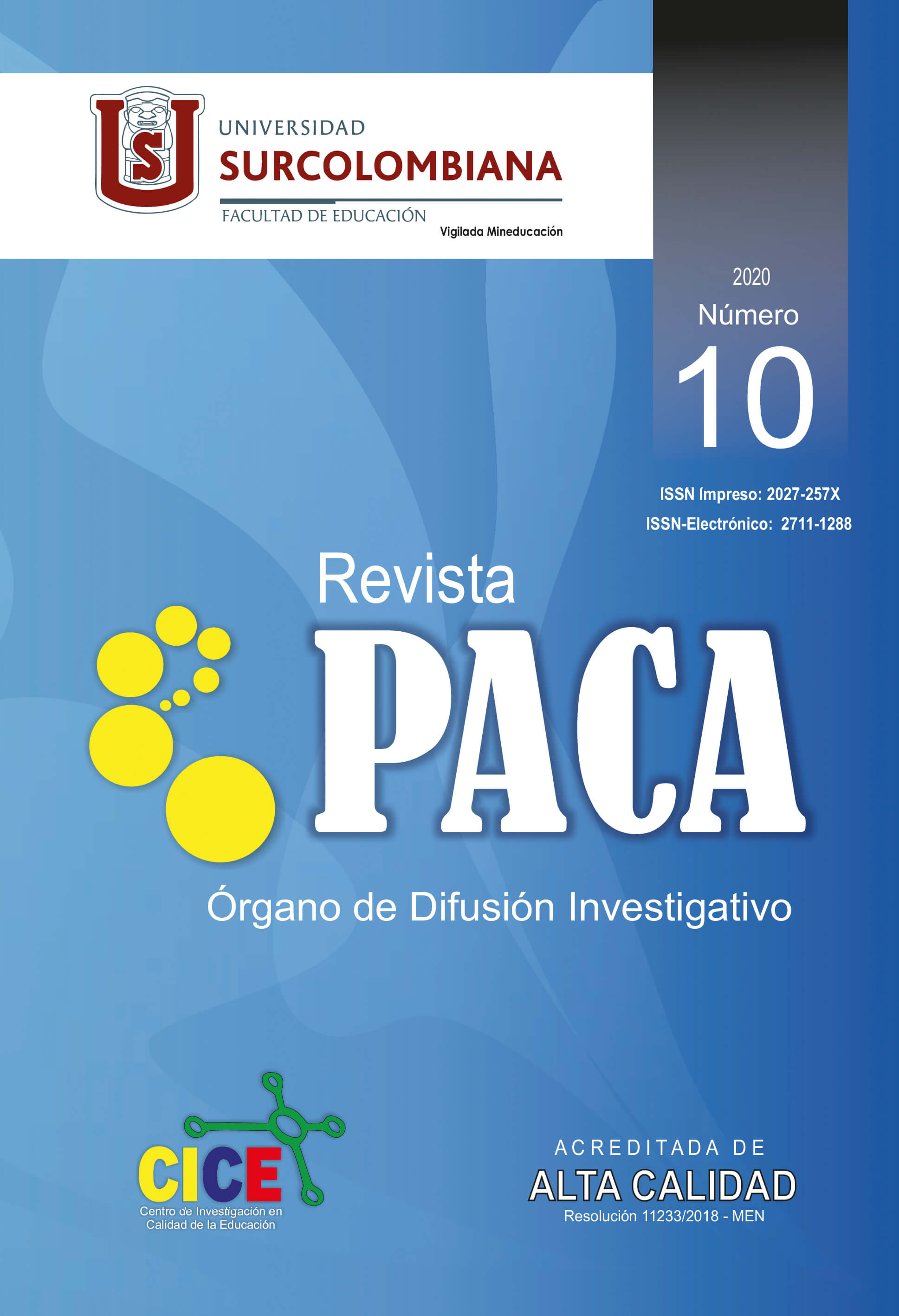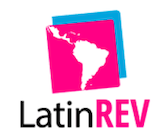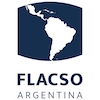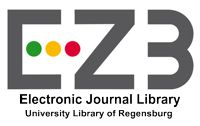Factors that affect the entrance to higher education of graduates from the Silvania educational institution
##plugins.themes.bootstrap3.article.main##
Although higher education should be a fundamental and mandatory right, in rural areas there are great difficulties in entering higher education institutions due to the influence of various factors such as the mentalities of peasant families, the poverty of the rural sector and the wide gap between urban and rural public education. Therefore, it was made an attempt to analyze what factors make difficult for students graduated from the I.E. Silvania in the rural area of the municipality of Gigante-Huila access higher education.
In this investigation it was found that the economic factor is a determining factor for the entrance of the graduates to higher education, in the same way the social factor is decisive because the students see the obligation to help their parents and carry out work in the field due to family needs and the absence of opportunities in the region. All of the above, complemented by the inefficiency of public policies to reduce regional inequalities, not to mention that the professors of the I.E. little or nothing incentivize students about the benefits of higher education and the opportunities for a better quality of life that it brings.
Downloads
##plugins.themes.bootstrap3.article.details##
Arrieta, J. (2018). Análisis de los factores socioculturales que inciden en el acceso a la educación superior en los jóvenes del barrio Vincula Palacio del municipio de Maicao. Obtenido de Universidad Naconal Abierta y a Distancia: https://repository.unad.edu.co/handle/10596/19237
Guerrero, G. (2013). “¿Cómo afectan los factores individuales y escolares la decisión de los jóvenes de postular a educación superior? Un estudio longitudinal en Lima, Perú”. Lima, Perú: GRADE.
Hernández, R., Fernandez, C., & Baptista, M. (2014). Metodologia de la investigacion (Sexta ed.). México, Mexico: Mc Graw Hill.
Institucion Educativa Sivania (2018). Proyecto Educativo Institucional PEI.
Ludewig, C. (s.f.). Universo y Muestra. Obtenido de http://www.geocities.ws/ucla_investigacion/muestreo.pdf
Martinez, S., Pertuz, M., & Ramírez, J. (2016). La situación de la educación rural en Colombia, los desafíos del posconflicto y la transformación del campo. Obtenido de Compartir, Fedesarrollo: https://compartirpalabramaestra.org/documentos/fedesarrollo_compartir/la-situacion-de-la-educacion-rural-en-colombia-los-desafios-del-posconflicto-y-la-trasformacion-del-campo.pdf
Matijasevic, M. (2014). Educación Media y Superior para poblaciones rurales en Colombia: posibles diálogos. Obtenido de https://www.magisterio.com.co/articulo/educacion-media-y-superior-para-poblaciones-rurales-encolombia-posibles-dialogos
Ministerio de Educación Nacional. Plan especial de Educación Rural. Bogotá, Colombia: MinEducación. Recuperado el 17 de 07 de 2018, de https://www.mineducacion.gov.co/1759/articles-385568_recurso_1.pdf
Ministerio de Educacion Nacional. (2017). Colombia Territorio Rural (Primera ed.). Bogotá, Colombia: MEN. Pardo, R. (2017). Diagnóstico de la juventud rural en Colombia. Obtenido de https://rimisp.org/wp-content/files_mf/1503000650Diagn%C3%B3sticodelajuventudruralenColombia.pdf
Peña, J., Soto, V., & Calderón, U. (2016). La influencia de la familia en la deserción escolar: estudio de caso en estudiantes de secundaria de dos instituciones de las comunas de Padre las Casas y Villarrica, región de la Araucanía. RMIE, 21(60), pp. 881-899.
Teh, S. (2016). Deserción del sistema educativo: motivos y sentir del joven desertor. Obtenido de Universidad Pedagógica Nacional: http://200.23.113.51/pdf/31975.pdf
Tinto, V. (1989). Definir la deserción, una cuestión de perspectiva. Revista Educación Superior, 71.
































